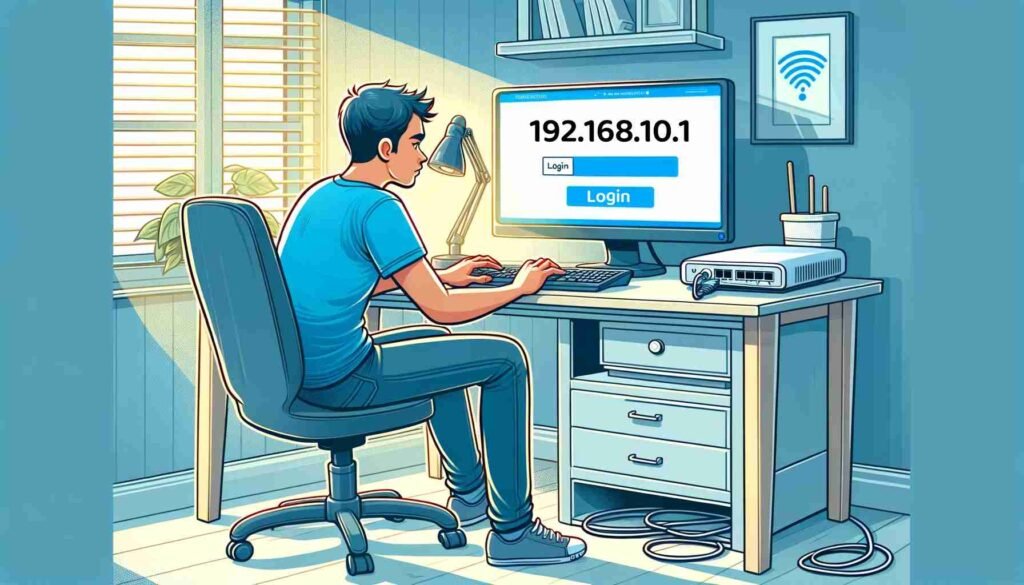You might have come across “https://100.71.148.105” and wondered, “What is this, and why should I care?” It’s not just another random string of numbers; it has a purpose, especially for those curious about IP addresses, web browsing, and how the internet connects us all.
Let’s break it down so anyone, tech-savvy or not, can understand the basics and the role IP addresses play.
What Exactly Is “https://100.71.148.105”?
In simple terms, “https://100.71.148.105” represents a specific type of IP address.
But what does that mean?
An IP address, or Internet Protocol address, is essentially the “home address” for a computer or device on the internet.
Think of it like this: if you’re sending a letter, the address tells the post office where to deliver it. In the same way, an IP address tells the internet where to send data.
Now, why does “https://100.71.148.105” start with “https://”? This is a bit of a mix between an IP and a website URL (uniform resource locator), indicating it’s likely used to access something specific, like a website, service, or server online.
Why Would Someone Use “https://100.71.148.105” Instead of a Regular Website Name?
You’re probably thinking, “Wouldn’t a name like ‘example.com’ be easier to remember?”
Yes, it would.
But sometimes, IP addresses are more direct. Here are a few reasons people might use an IP address directly:
- Testing Connections: When setting up a server or diagnosing network issues, a technician might use an IP to connect without the potential distractions of DNS (Domain Name System) errors.
- Internal Networks: In closed networks, like company networks or private labs, IP addresses can be used to access resources directly.
- Security: Accessing certain resources via IP rather than a name can add a layer of obscurity – though it’s not foolproof.
It’s a bit like using a shortcut instead of typing out the full address.

Common Questions About Using an IP Address Like “https://100.71.148.105”
Can I Visit “https://100.71.148.105” Like Any Other Website?
Yes, if it’s set up as a web-accessible server or website.
Some websites, especially those in private networks, may not use traditional domain names, meaning the only way to access them might be by their IP address.
Is “https://100.71.148.105” Secure?
The “https://” part of “https://100.71.148.105” indicates a secure connection.
This means that if you’re accessing this IP address over a web browser, the communication is encrypted.
But remember, just because there’s encryption doesn’t mean it’s automatically safe. Always verify if you know who’s on the other side of that IP address.
How Do I Know What’s Behind “https://100.71.148.105”?
Good question!
In many cases, unless you have access permissions, you won’t know what’s hosted at a specific IP. Sometimes it’s a company’s internal resources, a testing server, or simply a placeholder.
How to Use an IP Address Like “https://100.71.148.105” Safely
Using IP addresses directly comes with certain responsibilities, especially for privacy and security.
Here are some quick tips if you find yourself needing to access an IP directly:
- Verify Legitimacy: If someone sent you the IP, make sure you trust the source.
- Use a VPN: When accessing a sensitive or unknown IP, a VPN (Virtual Private Network) adds an extra layer of security.
- Check Permissions: Ensure you have the necessary permissions, especially for IPs associated with companies or private servers.
Real-life example: Imagine you’re working remotely and need to access your office’s secure server. Instead of a typical web URL, you might be given an IP to enter directly, bypassing some of the usual domain checks for a quicker connection.
Understanding IPv4 vs. IPv6 and Where “https://100.71.148.105” Fits
Our example, “https://100.71.148.105,” is an IPv4 address – the older and most common IP format. You’ll recognize IPv4 by its four sets of numbers, like 100.71.148.105.
IPv6, the newer version, looks a lot different, with six segments and letters mixed in. It’s meant to expand address availability as we get more devices online.
Why is this important?
Because if you’re working in tech or internet services, you’ll need to be familiar with both IPv4 and IPv6. They’re the building blocks of internet connectivity, after all.
FAQs About “https://100.71.148.105”
Q: What should I do if I can’t access “https://100.71.148.105”?
If you’re having trouble accessing an IP address, it could be a network issue or restricted access. Try:
- Checking your network: Sometimes, firewalls or network settings block certain IPs.
- Contacting IT support: If it’s a work IP, the IT department can help.
Q: Can an IP address like “https://100.71.148.105” change over time?
Yes, especially for dynamic IPs.
Q: Is “https://100.71.148.105” public or private?
It’s tricky without more context. Usually, though, if it’s public, anyone can access it, while private IPs are restricted.

Wrapping Up
Navigating online with an IP address like “https://100.71.148.105” might seem like a throwback to the early internet, but it’s still relevant today for those who need direct, unambiguous access to servers, sites, or services.
Using IPs effectively comes down to understanding their role, knowing when to use them, and following best practices for security and access.
Whether you’re a developer, IT worker, or just curious, knowing a bit about IP addresses can make your web experience that much more practical.
